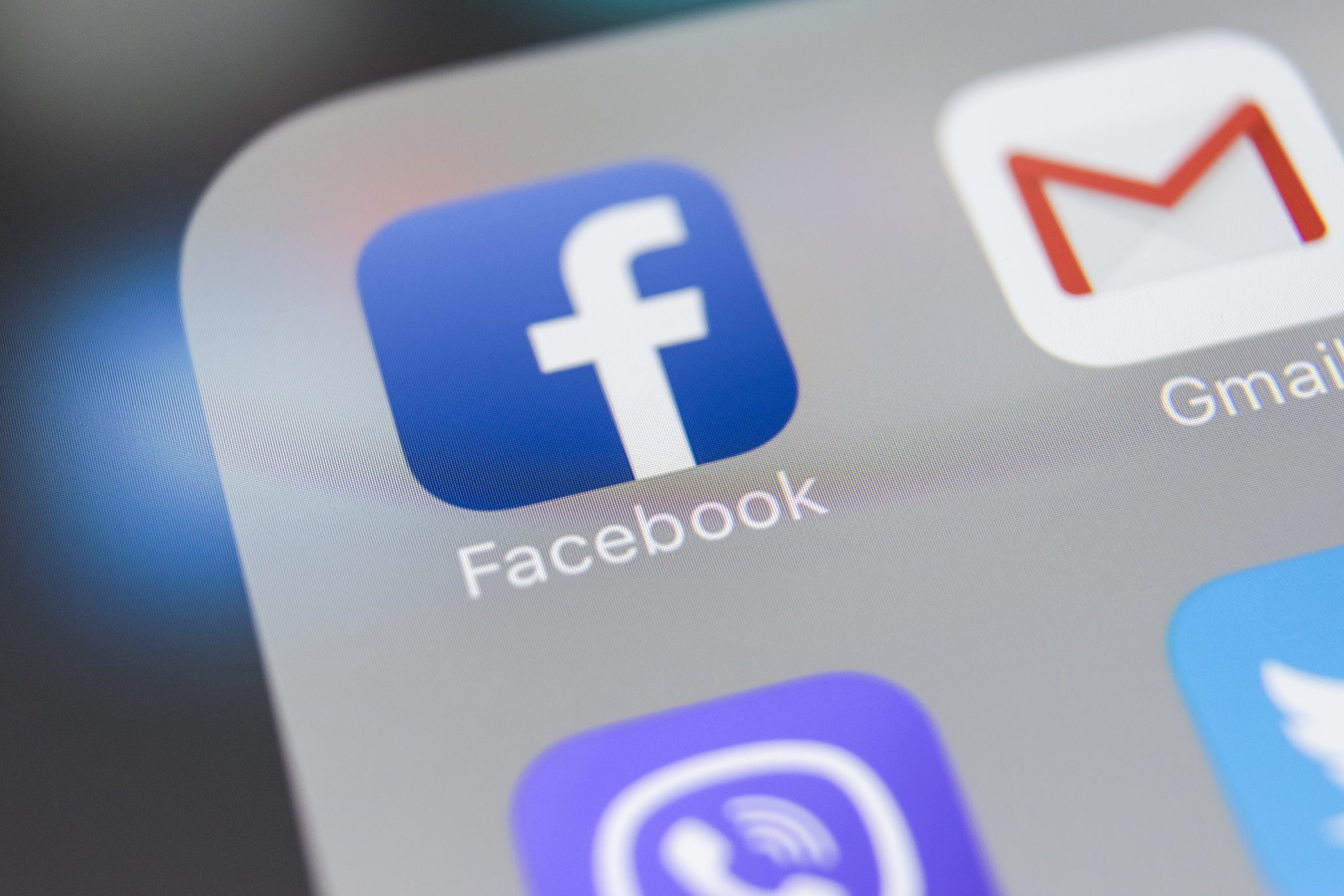How a changing news feed will impact marketing strategies, and what you can do to survive…
Facebook CEO Mark Zuckerberg announced in January a major change to the way he will continue to build upon the social media platform in 2018. This change – deemed the “Facebook Apocalypse” by many – was sparked from the conclusion that public content is crowding out personal moments shared with others. Because of this, Facebook has started to prioritize “meaningful” person-to-person interactions among friends and family over posts from Facebook pages created for brands, businesses and other organizations. This has become increasingly apparent in the news feed, and will have a direct impact on its current marketers.
Facebook has always implemented and will continue to use a post-ranking system. This dictates which posts, in what order, will show up on a person’s news feed. A like, comment or share by you or your friends is a sign that a post matters to you. Therefore, these posts will get higher ranks and appear closer to the top of your news feed. What Facebook is now taking into consideration is whether or not this interaction is person-to-person or person-to-page. A person-to-person interaction will be more valuable than a person-to-page interaction. This means that Facebook brand/business pages will have lower importance compared to interactions consisting of family members and friends.
This isn’t the best news for brands/businesses, and they can expect direct impacts from this change.
First, marketers should expect the organic reach (people who see your posts through unpaid distribution) of their Facebook pages to drop. Since users will now see more posts from people with whom they are personally connected, the amount of people looking at pages in the news feed will decline. Content shared and talked about among friends will grow in reach.
Additionally, brands/businesses will notice particular types of content that are going to get higher ranks in the news feed. These include posts that spark and inspire conversations as well as meaningful interactions among people. A post with a comment will be ranked higher than a post with a like, and longer comments are more valuable than shorter ones. Engagement-bait tactics that encourage people to comment on posts will not be considered “meaningful” and will be demoted in feeds.
Although we can expect some serious impacts with the Facebook Apocalypse, not all hope is lost. Michael Stelzner, a social media marketing expert and founder of Social Media Examiner, explains in Boss Magazine, “As long as there are two billion people using Facebook, there will be value for businesses. They just have to figure out how they fit in.” Social platforms constantly go through changes, and organizations will simply need to adapt to this change just as they have in the past.
Some tips that brands/businesses can implement in response to the Facebook Apocalypse include the following:
1. Reduce the frequency of your posts: Instead of frequent posts, create content that stimulates conversation – meaning comments between your page fans.
2. Boost Facebook posts: You can pay to “boost” a post in the news feeds of users. This will give the post a higher rank in the post-rank system explained above, making it appear closer to the top of user news feeds.
3. Show your audience how to see your content first: Brands/businesses can show their followers how to become “see first” fans of their page’s content. Simply visit the Facebook page, click on “Following” right above where you would write something on the page, and click on “See First.”
4. Jump into live video: According to Facebook, a live video leads to 6x the interactions on posts.
5. Do not explicitly ask for comments: Engagement-bait is frowned upon and will be demoted in the news feed. These include posts containing captions such as, “Like if you will be watching the game this Saturday!” or “Share this post for a chance to win a free meal.”
While Facebook has become a primary outlet for brands/businesses to establish an online presence, the shift in Facebook’s mission will cause dramatic changes to the news feed and directly affect Facebook brand/business pages. Overall, organizations can expect to see less of their content distributed in the news feed, shrinking their organic reach and causing unpredicted consequences for Facebook ad prices. As these changes go into effect, brands/businesses will need to take steps in order to encourage meaningful interactions on their pages. They will need to adapt to these changes and learn how best to advertise on Facebook to ensure traffic to their page’s content.
If you are interested in more information related to the changes and/or are interested in social media management services, please contact us.

